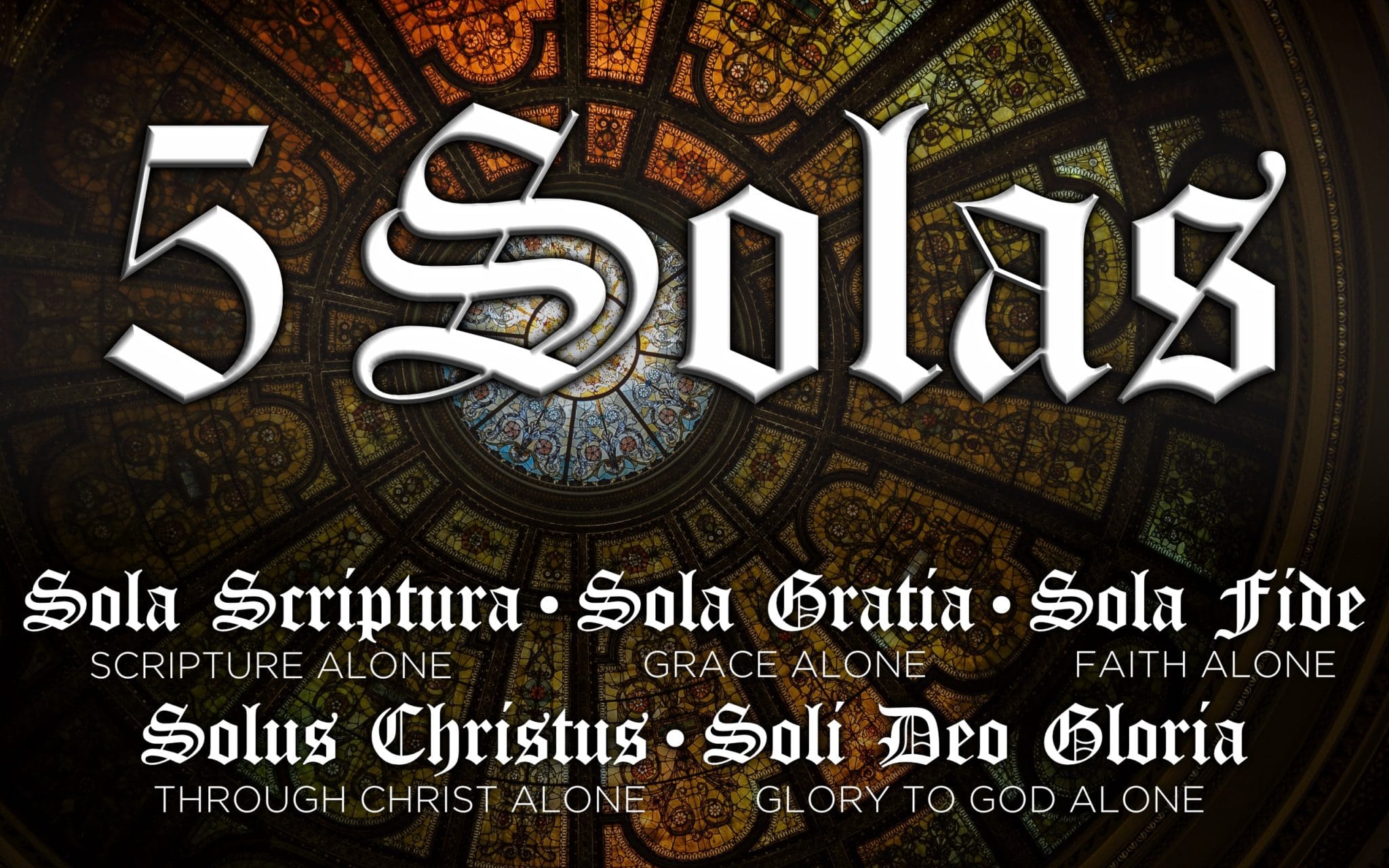It’s officially Fall in the Northeast – vibrant foliage, pumpkin-flavored everything, festivals, costumes and candy. Autumn happens to be my favorite of the four seasons. Maybe it’s because I hardly experienced any seasonal changes in my native stomping grounds of Orlando, Florida.
What you might not realize is that Fall, or more specifically, the end of October is celebrated around the globe for more than falling leaves, Jack O’Lanterns, and the “H” word (Halloween). Five hundred years ago on October 31, 1517 an Augustinian friar by the name of Martin Luther submitted his Ninety-Five Theses to his fellow professors by nailing them to the door of All Saint’s Church in Wittenburg, Germany. A theological debate ensued that eventually ballooned into one of the most significant movements in the history of Christendom – the Protestant Reformation.
From that time onward, Luther was determined to combat the corruptions he saw in the Catholic Church with the abiding truth of Scripture. Why? Because he had a first hand experience of the peace and freedom that comes in knowing Jesus. The despair, deep rooted hate, and self disgust he shouldered for years melted when he finally realized that salvation from sin, Satan, and death cannot be earned.
Religion – living by an external, self-imposed set of rules or axioms – ultimately leads to despair. It may produce some superficial change, but it will never produce the transformation that comes through faith in the life, death, and resurrection of Jesus Christ. The gospel stands in direct opposition to merit driven religiosity.
Luther also recognized the insufficiency of religion to exterminate rebellion toward God in the human heart. He tried to kill the disease of sin in his own heart through religious penance, but it only exacerbated his hate. Once asked if he loved God, he shouted, “Love God? Sometimes I hate Him!” That changed when Luther experienced the sweetness of God’s forgiveness and grace. Only the gospel of Jesus Christ is powerful enough to disarm pride, rebellion, and hate.
The religion Luther practiced wore him out. Following the law wore him out. He learned by studying Scripture that salvation cannot be merited. He (along with the rest of the Reformers) rediscovered the beauty of the gospel – that salvation is the gift of God to sinners by grace alone through faith alone in Jesus Christ alone for the glory of God alone (Ephesians 2:8-9).
These biblical truths summarized in five succinct Latin phrases became the mantra of the Protestant Reformation. The Five Solas, as they have come to be known, are:
Sola Scriptura – Scripture Alone
Sola Gratia – Grace Alone
Sola Fide – Faith Alone
Solus Christus – Christ Alone
Soli Deo Gloria – Glory to God Alone
We invite you to join us as we continue our celebration of the 500 year anniversary of the Protestant Reformation with the sermon series 5 Solas. Beginning October 29 we will define these phrases, reveal their biblical roots, and ultimately demonstrate how collectively they lead us to the glory of God in the gospel.
Soli Deo Gloria!

